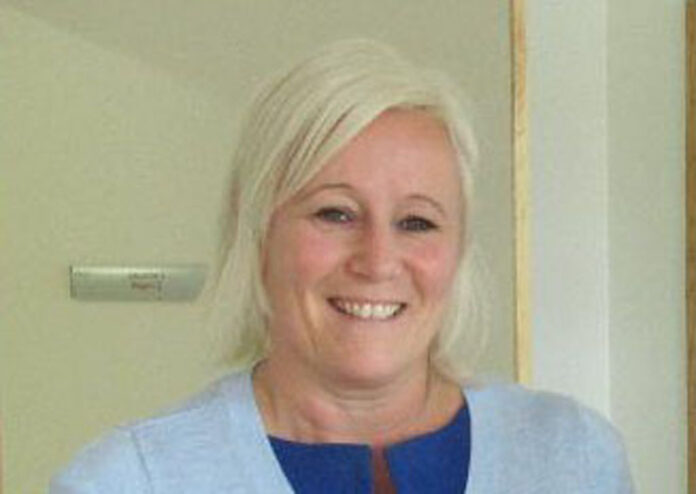ABOUT 30 staff who are considered vulnerable workers are being reassigned to other duties in the UL Hospitals’ Group, it emerged this week.
The reassignment was completed in compliance with the Return to Work Safely Protocol produced by the Health and Safety Authority, HSE and the Department of Health, and in accordance with human resources and occupational health guidance.
In an overview of Covid-19 circulated for county councillors, UL Hospitals’ Group chief executive officer, Colette Cowan revealed local laboratory testing for Covid-19 at University Hospital Limerick (UHL) reached a new high of 280 tests in a single day recently.
The group’s microbiology team and medical scientists have worked extremely hard to scale up testing and they are now at the limits of what can be achieved with existing equipment.
The group are sourcing new test instruments that will allow it to further increase and enhance local testing capacity at UHL.
Stocks of Personal Protective Equipment within the group are currently good with significant amounts of gowns, masks, and hand sanitisers in storage.
Professor Cowan said their Occupational Health Department has been outstanding throughout the pandemic in keeping staff, and by extension patients and population safe.
The group chief executive officer outlined the number of positive Covid-19 cases in the Mid-West notified to the Health Protection Surveillance Centre (HPSC) has continued to increase since her last update.
“It is a cause for concern that our region has seen outbreaks both in the types of setting that have been contributing to the national increase particularly in food processing plants, direct provision, and in addition a considerable number of family clusters and clusters associated with socialising.
“Public health colleagues have advised that the prevalence of Covid-19 in the Mid-West is currently above the national average. This makes it all the more important that we continue to follow the public health advice and show a united front in our efforts to break chains of transmission and protect essential services as we face into a very challenging winter period.”
She pointed out the chief executive officer of the HSE Paul Reid advised a recent Special Committee on COVID-19 Response that Ireland is likely to experience peaks and troughs over the coming months.
She warned this will challenge everyone but noted the public have been excellent throughout the pandemic and people know they can push this virus back through concerted action in following the public health advice.
On Wednesday August 26th, there were four confirmed cases of COVID-19 in UHL. In addition there were seven suspected cases, including two in critical care.
From August 21 to 28, ED attendances at UHL ranged between 147 and 212 patients per day. Average daily attendances of 193 over a seven-day period are slightly below the 195 daily attendances in ED last year.
The group continue to stream non-COVID and query COVID patients along separate pathways.
The number of patients in the Intermediate Care Facility at the University of Limerick Arena as of 9pm on Wednesday, August 26th was 28.
On Tuesday last, August 18th, the group declared itsa first outbreak of Covid-19 in UHL on one of the medical wards.
One patient and one staff member have tested positive and they are receiving all appropriate care, support and follow-up.
An Outbreak Control Team has been established and continues to manage the situation. Medical staff have swabbed and traced the contacts of all patient and staff contacts and, nine days out from the index case being identified, no new positives have been detected.
In accordance with national guidance, an outbreak cannot be declared over for 28 days from detection of the first case. However, the group have every reason to believe this is a localised outbreak and has been contained.
There are 13 staff self-isolating as a result of the above outbreak and an additional two staff in UHL who are also self-isolating as close contacts of a separate positive case.
While the amount of staff on Covid-19 related leave currently presents nothing like the scale of challenge the group experienced during the initial peak, the group are monitoring the situation carefully. Many of the group’s staff have young families and the return of schools will present additional challenges in the coming weeks around rostering.
Professor Cowan believes the lower rate of hospital admissions compared to the early stages of the pandemic may be due to the younger demographic of those testing positive in recent weeks.
She stressed everyone must remain vigilant however, and the planning that was put in place earlier this year, coupled with their experience of the first wave, will help the group scale up capacity if there is a surge in Covid-19 hospitalisations.
Ends
East Clare correspondent, Dan Danaher is a journalism graduate of Rathmines and UL. He has won numerous awards for special investigations on health, justice, environment, and reports on news, agriculture, disability, mental health and community.


